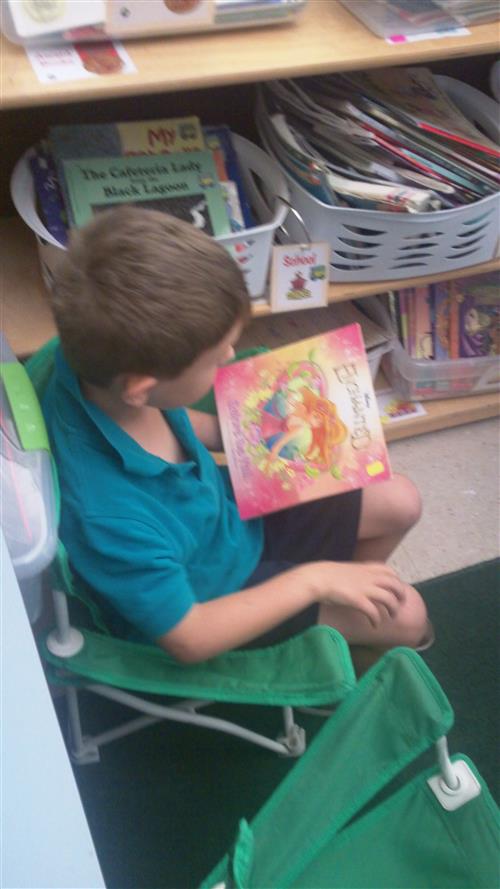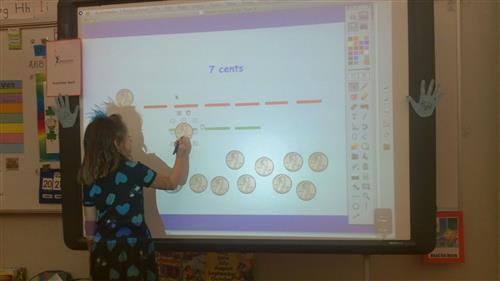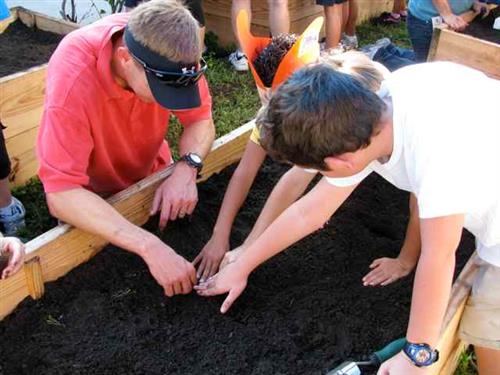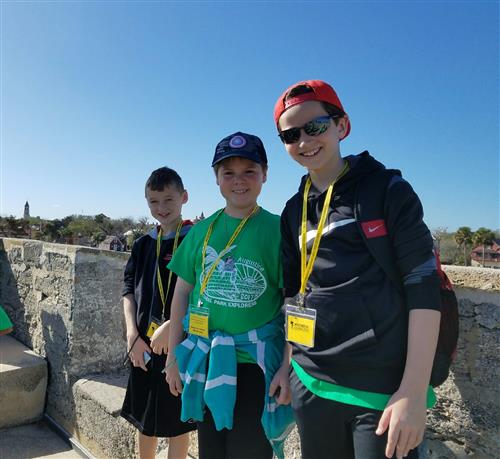- Coral Park Elementary
- Learning at Coral Park
Learning at Our School
Page Navigation
Learning Explorations at Coral Park

-
Reading, writing, math, science, and the arts are all essential skills to develop in children at a young age. The more children learn when they are young, the better they become as adults. We want to teach your children the academic skills they will need to prepare them for their next level of learning.
Create a Focus Parent Portal Account to monitor your student's progress and to access their grades.
Resources at Coral Park
-
Reading and Writing
Students learn to read, write, speak, listen, and use language at an early age. At our school, we provide students with the skills necessary to be successful from their school years through their careers. Our reading and writing instruction helps students use a balance of informational and literary resources. It also provides opportunities to use academic vocabulary in speaking and writing. Students also learn how to write using text-based evidence.

The CPE teachers and administrators recommend that students are read to or read for at least 20 to 30 minutes daily. Students can choose a book at their independent reading level, a magazine or a newspaper to read. READ to LEARN.
-
Mathematics
Our mathematics instruction builds conceptual understanding, develops students’ procedural fluency, and promotes higher order thinking skills. In learning and understanding mathematics, our students develop “habits of mind”. They learn math strategies, talk about the math they are learning, and solve problems. These mathematical practices help students learn to apply mathematics to real world situations.

The teachers and administrators at CPE highly suggest that students practice their math facts daily to ensure fact fluency. Students at the primary level should be working on counting or addition and subtraction facts. Intermediate level students should be focusing on their multiplication and division facts.
-
Science
Science helps our students engage in inquiry-based learning from a critical thinking approach. Engaging lessons allow students to experience science directly or through rich multimedia. Our instructional approach puts students in positions to research and find solutions.

Coral Park's very own vegetable garden, where our students and teachers collaborate with community gardening experts to grow our own vegetables and herbs. This has been an amazing and fun way to integrate reading, writing, math, science, and social studies as the students experience the gardening process from the seeds to harvesting to eating!
-
Social Studies
Social Studies helps our students develop informed and logical decisions for the public good. As citizens of a culturally diverse, democratic society, and interdependent world, we teach our students how to be informed citizens. The foundation for Social Studies teaches our students to ask questions and think about topics in areas of American history, geography, economics, civics, and government.

School field trips take students out of the classroom and into a world where they can see their lessons come alive. Here our 4th Graders visit the nation's oldest city, St. Augustine as they learn about this historical city, in class.

